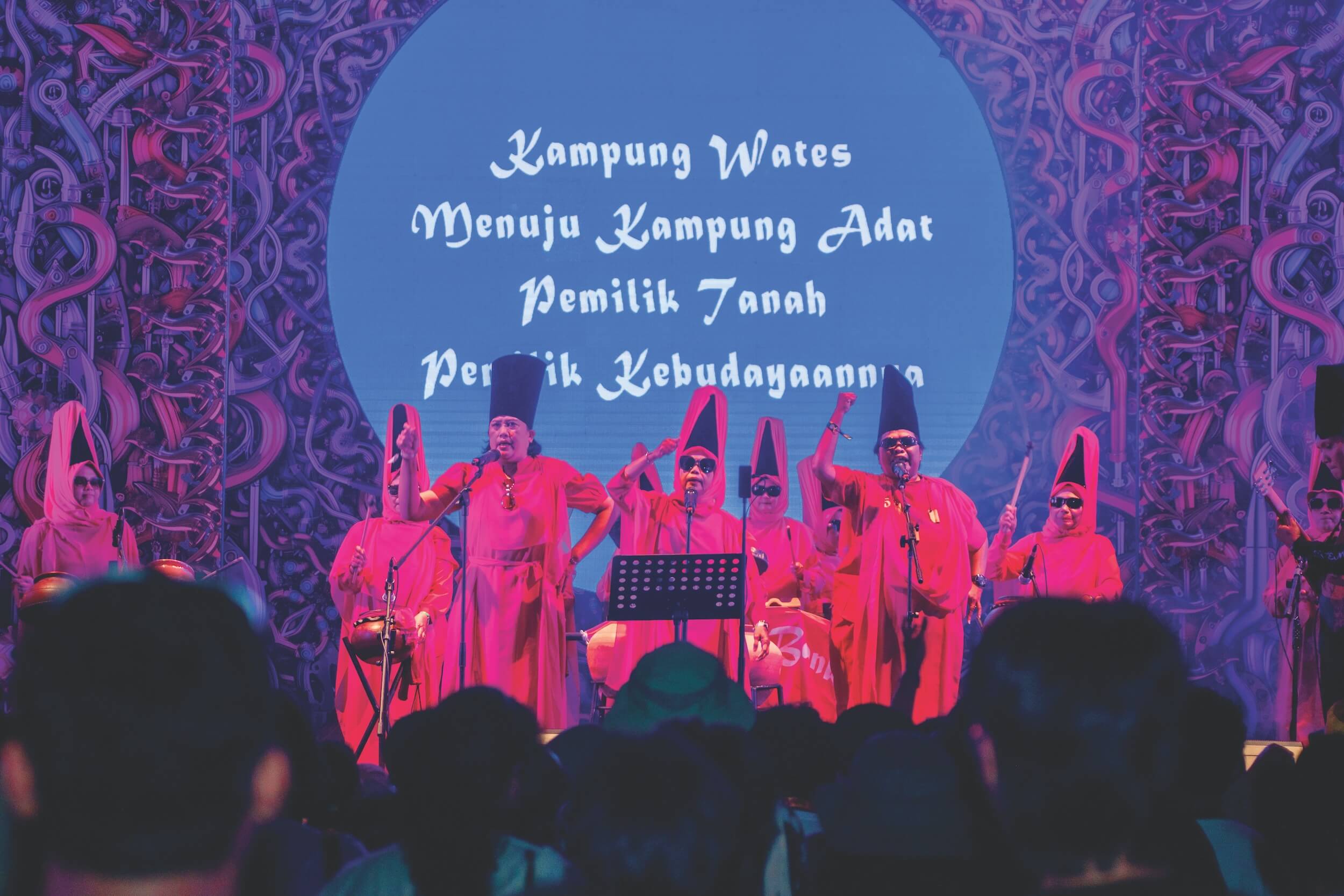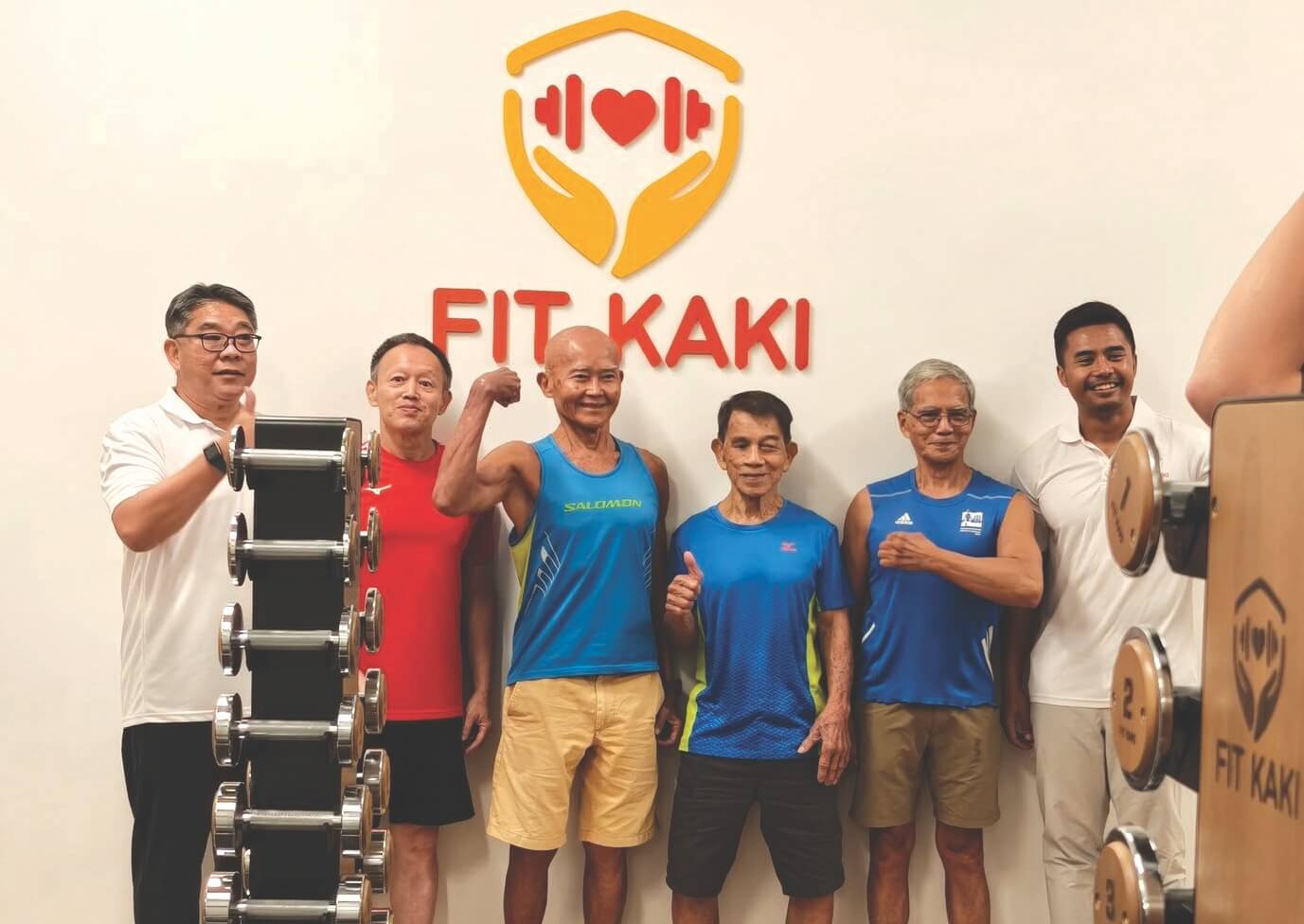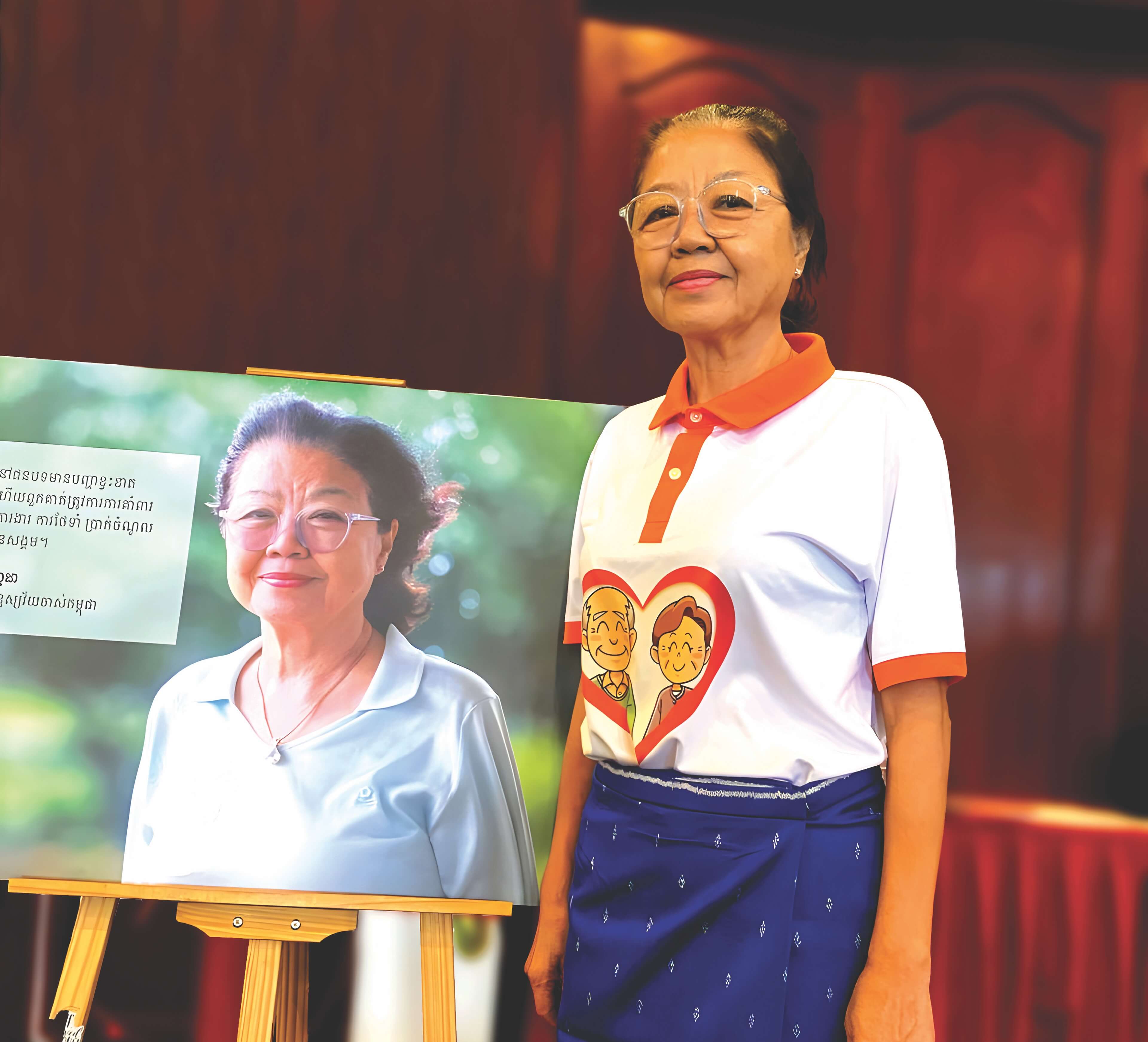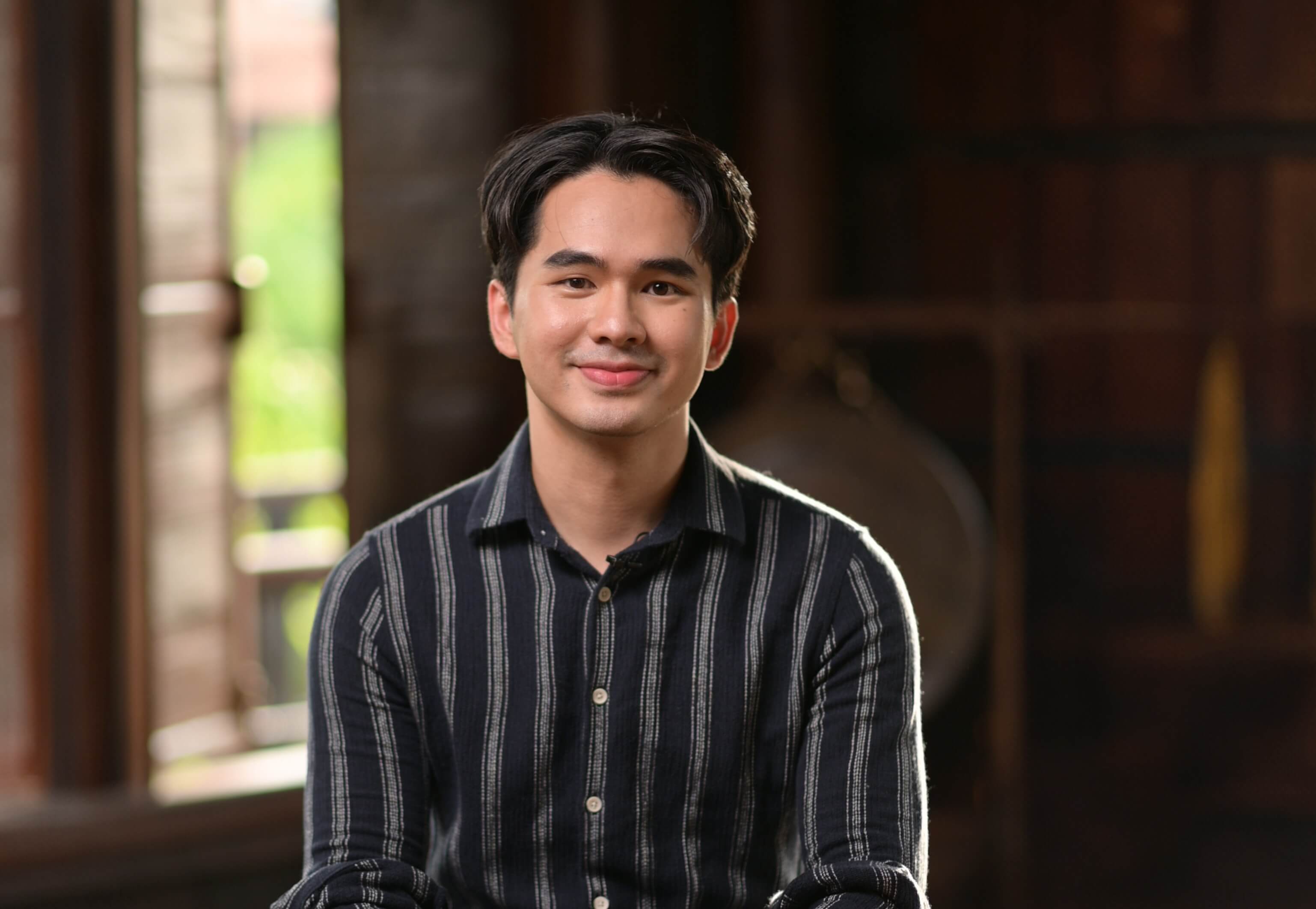



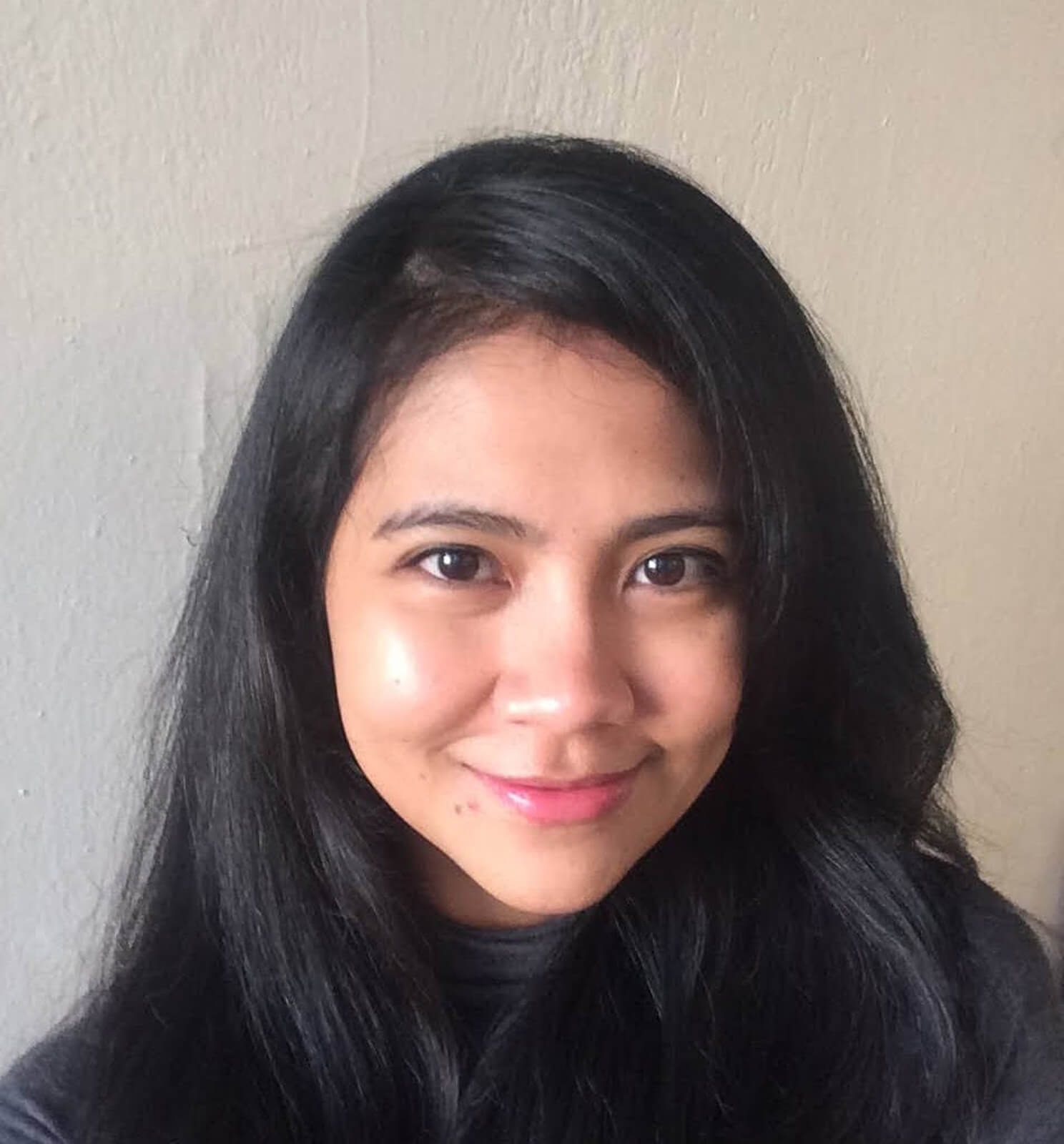
Thirty-one year-old Pingann Oung is a prominent social media influencer in Cambodia, known for promoting healthy lifestyles and overall well-being. His rise to fame began unexpectedly as an advocate for women's health, which quickly garnered him a substantial following and significant influence beyond the health and wellness community.
“Men should talk more about women’s breasts” was the premise of the first video that Pingann posted on his Facebook page. Overnight, the video garnered a lot of attention.
“It was clickbait, but the whole idea is that men should talk more about it with their sisters and mothers. It is about urging these men to take their sisters and their mothers for an early check-up for breast cancer,” Pingann reveals.
Pingann’s strategy of using eye-catching headlines was successful. The video became a hit on social media “because nobody had talked about it before, and it came from a man,” he says.
Six years after releasing the video, his Facebook page, គិតជា មួយប៉េងអាន [Think with Pingann], is now a popular channel in Cambodia, attracting hundreds of thousands of viewers from across the nation and the world. Pingann discusses a wide range of topics, from health issues such as breast cancer and mental health to self-grooming tips like getting ready for your job interview and how to dress like a gentleman.
In an interview with The ASEAN, Pingann explained his interest in raising awareness about women’s health.
“I grew up surrounded by strong women, including my grandmother,” he says. “Unfortunately, my grandmother passed away when I was eight years old.”
Pingann recalled spending most of his time growing up with his grandmother, a single mother who raised six children. To make ends meet, she did odd jobs, including selling noodles. Her strength and determination to provide the best for her family deeply impacted Pingann’s life.
Living more than 400 km away from the capital Phnom Penh in Battambang Province, Pingann believes this distance impedes access to vital information, including healthcare.
“I think that’s why she passed away very early from diabetes, something that is very preventable. She didn’t understand her condition, nor did she know where to go when she was sick,” he reflected. This experience led Pingann to think about how women can gain more confidence in seeking the medical care they need.
“Growing up, I spent a lot of time with my grandmother, mom, and aunts, all strong women. If they were not healthy, I would not have become the person I am today. That’s why it’s a circle of empowerment. If women are healthy, they can raise healthy children, who, in turn, can help create a healthier society. Health accessibility is the foundation of everything, at least for me.”
Pingann then points out an example of a young girl needing proper nutrition, clean sanitation facilities, and access to sanitary products during her menstrual cycle to excel in school.
“These fundamental needs are often ignored, leading to significant gaps that are usually filled by under-resourced villagers. Those with the means must address these issues to close these gaps. In my experience, a healthy mother with sufficient food, clean water, and clothing can make wiser decisions, better nurture her children, and enable them to succeed. This empowerment cycle is vital, beginning with meeting basic needs to ensure prosperity.”
Read more: Ade Rai: From He-Man to Health Mentor

Health and risk communication during the COVID-19 pandemic
Storytelling holds a special place in Pingann’s heart. Even before pursuing his bachelor’s degree in media and journalism, he was already a reporter at a local television station. His passion for storytelling and his mission to raise health awareness led him to study Health and Risk Communication at Michigan State University, where he earned a Fulbright Scholarship.
“I wanted to focus on behavioural change communication,” he explains. “How do we craft persuasive messages that women can relate to? This helps build their confidence to adopt healthy behaviours.”
He did not expect his master’s degree to provide on-campus lessons and a global experience. “It was interesting because I studied health and risk communication during COVID-19 from 2019 to 2021. It gave me a lot to think about.”
Pingann assesses how, during that period, many people suffered because there was no right information, and there were many layers surrounding the outbreak itself.
“The biggest lesson from COVID-19,” Pingann observes, “is that the virus affected every aspect of our lives, forcing everyone to strive for survival.”
“People in the health communications field jump on the boat to fight the battle of misinformation and try to share well-researched, evidence-based findings. Also, for me, through my channel. At that time, with all the things that were happening, I knew even if I only impacted one or two persons knowing that they knew the accurate information, it would do the job,” he asserts.
For Pingann, and probably many other people with the same experience, the loneliness during the pandemic also raises the importance of discussing mental health. Contemplating these challenging times, he advocates for a proactive stance within ASEAN.
“We need a holistic view of our priorities and a forward-looking perspective. How do we support young children during a pandemic so they are not mentally scarred in the next 6-7 years? There’s also considerable underlying trauma in adults that needs addressing. If we want children affected by the pandemic to reach their full potential, we must tackle the root causes of their stress.”
Collaboration for greater reach
Talking about his future endeavours, Pingann proudly shares his project with a local mental health organisation, Transcultural Psychosocial Organization. The “Operation Unchained” project involves a team of doctors travelling across rural Cambodia to assist mentally challenged individuals, particularly those with schizophrenia who are restrained by their families.
“We plan to release videos from different provinces and aim to raise 30,000 US dollars by year’s end. I share various stories and incidents on social media about my encounters with patients, which inspires others to screenshot their bank transfers to my posts. This has led to a widespread sharing of donations with the organisation,” he explains, adding that they raised 14,000 US dollars just a few weeks after the campaign was released. The donations will be utilised to cover operational costs, including unchaining patients, providing treatments and medications, and educating family members about mental health.
Pingann hopes to partner with more organisations like ASEAN to further his cause. “Currently, many feel demotivated due to a lack of support. Support isn’t always monetary; sometimes, it’s about simply sitting down and listening. Listening to our stories can lead to greater achievements and inspire others, knowing that support is available,” he concludes.
Associate Editor Joanne B. Agbisit contributed to this article.




